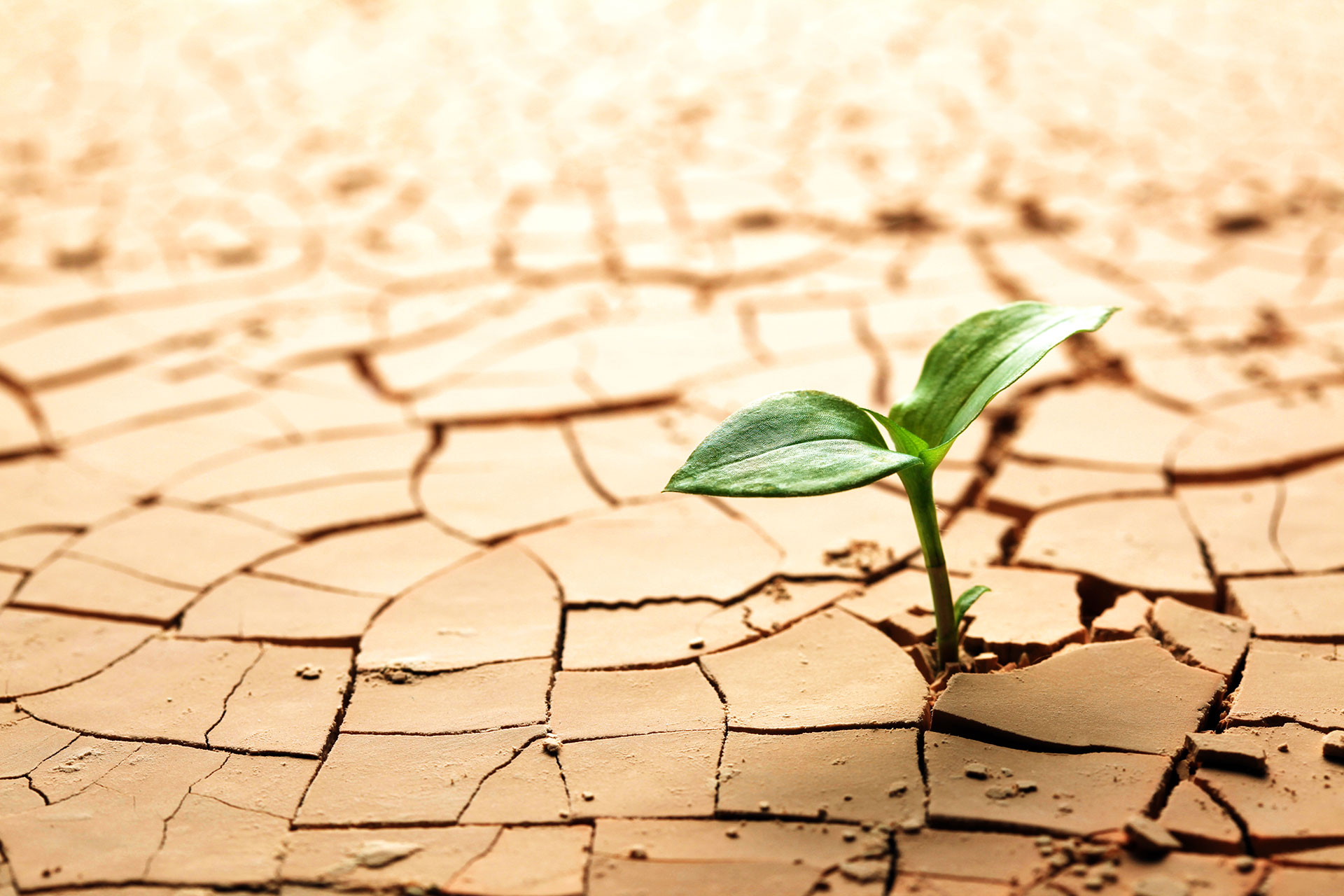

Resilience - what does it mean in the context of climate action?
You keep hearing the term "resilience" in connection with climate change. But what does it actually mean? Put simply, resilience is the ability to cope with and recover from stress, strain or change. When it comes to climate change, resilience is about how societies, cities, companies and even individuals are able to adapt to the effects of climate change and survive them as well as possible.
Climate change brings with it extreme weather events such as heatwaves, heavy rainfall, floods and droughts. These changes can have a major impact not only on the environment, but also on the economy and people's quality of life. Resilience is therefore an important concept when it comes to how we prepare for these challenges and how we can minimize the negative consequences.
In everyday life, resilience means, for example, that cities are built in such a way that they can better withstand flooding. Or that agricultural businesses are able to adapt to changing weather conditions, for example by using climate-adapted cultivation methods. Individual resilience also plays a role: if you consciously deal with the effects of climate change and learn how to adapt your own lifestyle, you can contribute to a more resilient society.
Another aspect of resilience in climate action is the promotion of so-called "green infrastructure". This means, for example, planting more trees or creating green roofs to help mitigate extreme weather conditions. The expansion of renewable energies also contributes to resilience by reducing dependency on fossil fuels and making the energy supply more resilient.
Resilience is therefore not just an abstract concept, but a concrete strategy to better prepare for and adapt to climate change. It is an important component of climate action that is often overlooked, but is just as crucial as reducing emissions. When we strengthen the resilience of our environment and society, we create a foundation for the future that helps us to better deal with the challenges of climate change.